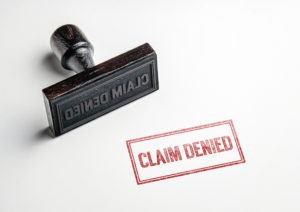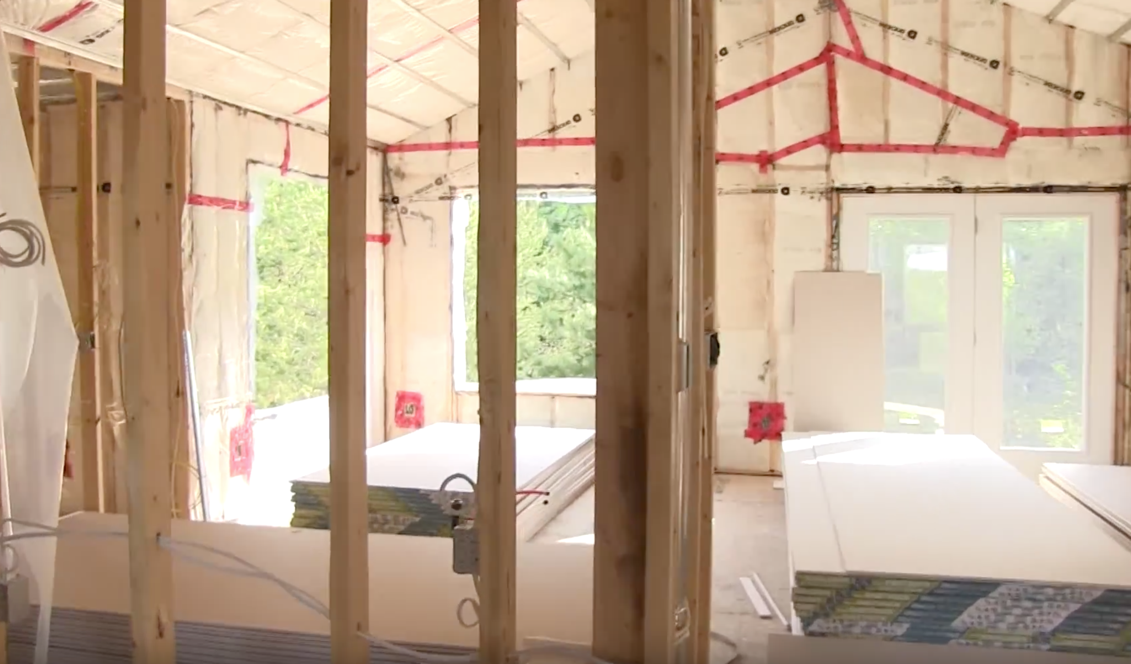How To File an Insurance Claim
You are experiencing that moment that no homeowner ever wants to experience. You’ve just come back home from a relaxing vacation, and are in the process of storing your suitcases under the crawl space in your home. You then notice something: a wet spot on your concrete slab floor. Upon closer examination, you realize that it’s not a puddle, and it’s definitely moisture.
Hoping the problem is not too big or widespread, you start to examine the surroundings. During your search, you find that a portion of the between floorboard insulation is soaking wet. Removing the insulation, it seems that you’ve pinpointed the problem: a water leak has been dripping down a vertical pipe between your walls.
Unfortunately, all homeowners will be faced with a situation of this type at one moment or another. Fortunately, there is insurance for these cases and knowing what to do and how you can handle this situation will make all the difference for your wallet as well as your mental health.
Before Contacting Your Insurance Company
The first thing you should do after discovering an issue with the construction of your home is to read your homeowner’s policy. Commonly, policies are comprised of a declarations page, terms and conditions of the coverage, and any exclusions.
The declarations page is commonly your policy summary, identifying your policy number, limits of coverage, policy period, and any applicable exclusions or endorsements. This is helpful information to review, but you want to focus on the exclusions and coverage sections. Carefully read these parts and understand the covered and excluded events.
Its vital that you have a basic understanding of your homeowner’s policy before contacting your insurance provider, as even though you are paying for insurance, they may put up a fight when it comes to paying out.
When Contacting Your Insurance Provider
After you have contacted your insurance provider and alerted them to the issue, they will assign you an adjuster and a claim number. The role of the adjuster will be to determine the “who, what, when, and how” of your insurance claim. They will be the ones that ultimately decide how much monetary compensation your provider is willing to pay out.
Most likely, the adjuster will schedule a time to visit your home and inspect the damage resulting from a construction defect. From there, your company will have their in-house inspector look over the damage, and give a repair quote, which will be the basis for the payment amount you get from the insurer. You should also obtain a quote of your own, as this will be vital information if there is a dispute over the number of repairs required and the amount of money the insurer is willing to provide. 
Do You Need an Attorney?
Depending on the decision made by your insurance carrier and the size of the claim, also if the damage was caused by an Construction Defect, it may be in your best interests to retain legal counsel. Ensuring that you are protecting your legal rights. Oftentimes, insurance providers will offer small payouts that don’t cover the required repairs or deny a claim that should be covered. A lot of the times just contacting an attorney and getting some guidance to help you with the claims process will be enough.



